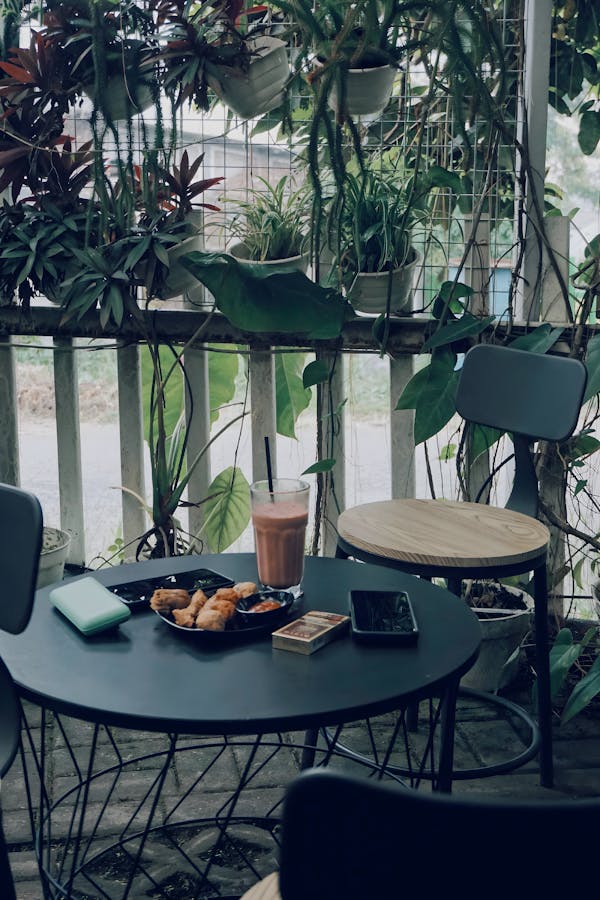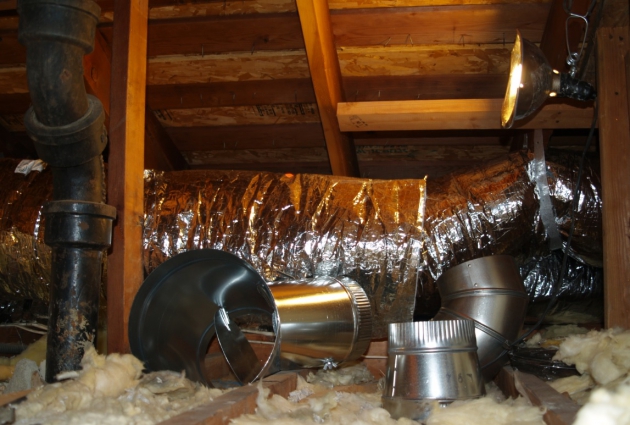Tacoma gardener gets noxious weed notice to remove dill plant
Olga Slutkovskaya works in her garden outside of her home on South 16th Street on Monday, June 6, 2022 in Tacoma. Slutkovskaya has been growing her garden for 20 years and enjoys sharing her food and knowledge from the garden with the neighborhood.
Tacoma
Olga Slutkovskaya has nurtured a garden in front of her home on South 16th Street in Tacoma for 20 years.
She grows peas, lettuce, tomatoes, beets, sunflowers and herbs, like cilantro, basil, fennel and dill, in her raised-bed garden.
On June 3, Slutkovskaya received a notice of noxious weeds in the mail from Pierce County Noxious Weed Control regarding a common fennel infestation in the southwest corner of her planting bed on the sidewalk. The county considers common fennel a noxious weed because it forms dense infestations, outcompetes native plants and reduces native wildlife habitat.
The plant, Slutkovskaya says, is actually dill.
Slutkovskaya said she does have several fennel plants growing in her garden. She confirmed with a friend with botanical expertise that the fennel is Foeniculum vulgare Azoricum, or bulbing fennel, which does not pose a threat and is not an invasive problem or listed as a noxious weed in Washington, according to the Pierce County Weed Board.
Washington law states landowners are required to control and prevent the spread of noxious weeds from their property, the notice stated.
Pierce County Noxious Weed Control Program director Morgan Heileson told The News Tribune on Wednesday the program issues 1,400-1,600 notices a year from March to September. Inspectors scope out noxious weeds throughout the county and within the Tacoma city limits, working with its environmental services department or receiving reports of noxious weeds from neighbors.
To Slutkovskaya, the garden is a reminder of home – she is an immigrant from Russia.
“The memory of your home is very soothing and healing for immigrants,” she said.
She spends about 15 minutes in the morning and again in the evening tending her garden. She shares her knowledge and food she grows with her neighbors, which she says is a very human thing to do.
Slutkovskaya said the city and county should focus more on cleaning the streets or building more mental institutions, instead of on her garden.
“That’s what really upset me, to find the resources and money of the taxpayers to come for that?” she said. “Can you spend your time for something else? Go clean up the garbage.”
Heileson said notices weed control sends often come to a resolution and it is rare to put a lien on a property to recoup clean-up costs, which can vary based on how much work a contractor has to do. The last fee was a couple hundred dollars.
Slutkovskaya has grown dill before in her garden. This is the first time she had received complaints.
She did not see an inspector looking at her garden on May 25. She called the county after she got the letter June 3, but no one picked up, she said.
“After that, I got really more upset,” Slutkovskaya said. “I was so afraid that they were going to come and take my money and time and everything it took to grow.”
The notice included a control option for common fennel, which stated:
“When growing fennel, purchase only non-invasive, annual varieties of fennel. Also, be very careful when removing plants that have mature seed. Clip and bag the seed heads before digging the plants up, or the problem could be made worse by spreading seeds into other areas. Fennel germinates rapidly if plants were allowed to seed in past seasons.”
The letter also had copy of the Tacoma Municipal Code’s Property Owners’ Obligations to Maintain Rights-of-Way.
If she doesn’t remove the plant, the Pierce County Weed Control would remove it and charge her, she said. Slutkovskaya said she hopes it will be resolved before the notice’s due date of June 14.
Heileson said the office received Slutkovskaya’s call, and the inspector and education specialist will meet with Slutkovskaya to confirm if it is or isn’t a noxious weed. Heileson said she was made aware of Slutkovskaya’s notice Wednesday and is in the process of getting more information.
If the plant is found to be dill and allowed to stay, Slutkovskaya plans to pickle her cucumbers with it.
This story was originally published June 10, 2022 5:00 AM.







